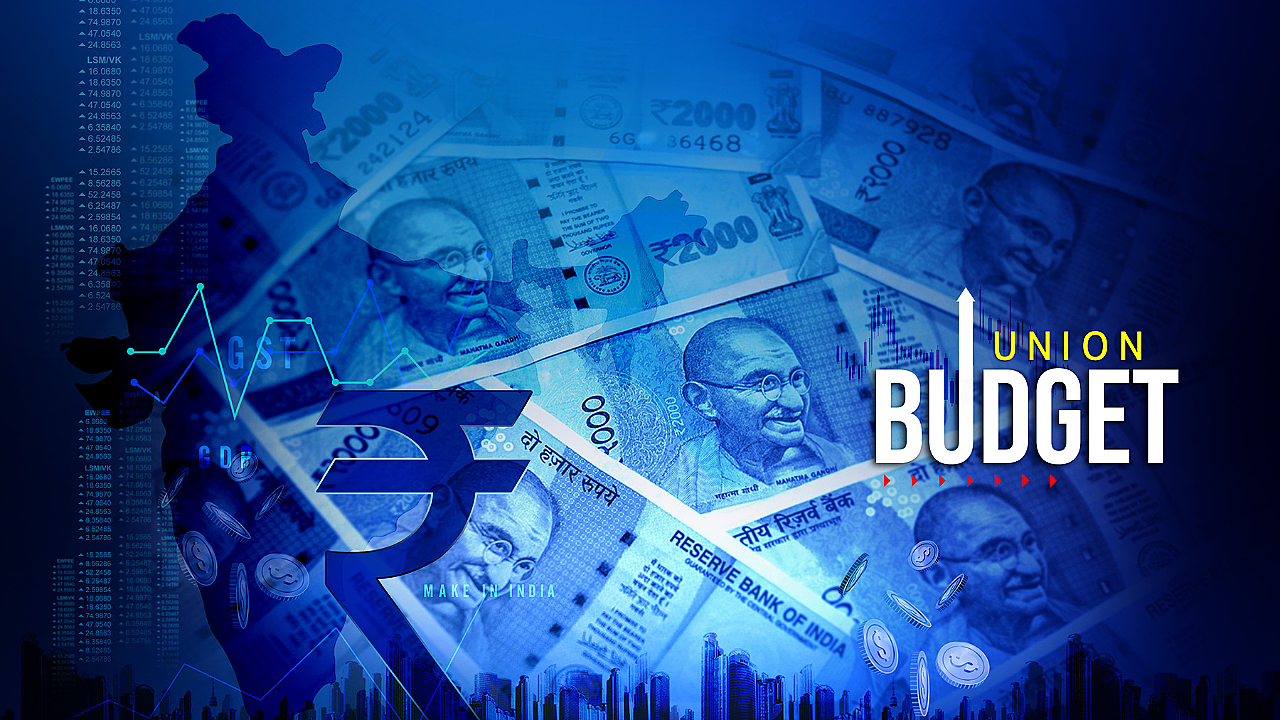
The Union Budget for FY23, to be presented on February 1, 2022, is of great significance for India's automotive and manufacturing industry as it can either be an accelerator or a retarder of the businesses going forward.
Vehicle makers are united in looking forward to a strategy that can give a renewed thrust and a much-needed impetus to the manufacturing sector through rationalisation in the tax structures, incentivising innovation and R&D initiatives and a balanced approach to tackle the high fiscal deficit.
Satyakam Arya, MD & CEO, Daimler India Commercial Vehicles (DICV) said, the Budget should consider that COVID is not over yet. The likelihood that Omicron may influence Q1 of FY22 is a reminder that there could be waves in the future as well. This year, the aspiration is to see a strategy that can give a renewed thrust and a much-needed impetus to the manufacturing sector to help continue the spirited performance some sections of the industry showed in 2021.
Expressing his views that PLI and RODTEP are significant steps in the right direction, he said the aim going forward should be to simplify the schemes and focus on the benefits spreading across the industry and the bigger players.
Kamal Bali, President and MD, Volvo Group India opined that the automotive sector, which contributes to almost half of India’s industrial GDP, is at the cusp of major transformation on the back of emerging technologies, climate agenda and future mobility trends. However, the sector also needs some support on a more moderate taxation regime. For instance, the GST rate on some auto components is at the upper end of the spectrum (clubbed with luxury goods) at 28%. The industry would like to see a uniform GST rate of 18% on all auto components in the upcoming budget. Apart from this, the industry is looking forward to a resolute policy to avoid inverted duty structure for components. Current Customs Duty rates are high and there is a scope for reduction. Since tax buoyancy has been sustained over a period of time, the GST rates can now be finally rationalised.
Taking a balanced approach to tackling the high fiscal deficit while nurturing the economy will be required, the spokesperson from Toyota Kirloskar Motor (TKM) said. Through its focus on Production Linked Incentive Scheme (PLI) for several key identified sectors, the government has sought to transform the economy by attracting huge investments in advanced and future technologies and for areas where India is currently highly import-dependent. This initiative promises to make the country self-reliant and globally competitive. As the huge allocation will be spread over the next five years, these schemes will give the desired boost without the sudden immediate burden on the exchequer, the spokesperson said.
Bali said the budget should continue to press forward on infrastructure-focused capital expenditure, clean, green and connected logistics, in order to ensure a robust, competitive and sustainable industrial ecosystem that promotes the new India story. 'In addition, we need a careful and selective strategy on phased manufacturing programme in some areas to boost technology adoption to achieve our overall and inclusive development goals,' he said.
MG Motor asked the government to ease electric vehicles adoption with financing, incentivise digitisation and tax rationalisation for MSMEs. The automotive sector companies were recently extended the guidelines for the PLI scheme by the government towards building the country's self-reliance and promoting domestic manufacturing – which probably sets the preface to Union Finance Budget, the company added.
DICV's CEO said that high fuel prices affect livelihood, and there is a substantial rise in commodity prices, increasing the general cost of living. This needs a strategic solution rather than a tactical one. While IT and ITeS sectors are booming, infrastructure-related projects and the real estate sector seem to be on an upward trend since last year, and this uptick must be encouraged further, he said.
The Indian economy might be facing challenging times currently, but this would also be the right time for the government to unleash further the potential of Global Capability Centres, MSMEs and Start-Ups. In the long term, this can shape India's future as an 'Innovation & Invention capital of the World,' which will also benefit the manufacturing industry from all aspects. India has the potential to achieve the highest rate of economic growth in the coming years, as the entire world comes out of COVID, and a budget that focuses on unleashing that potential could be a game-changer for all of us,' he added.
Bali said, 'It would be good to see measures that will further improve credit lending, support through SAMARTH and funding that will enable investments for emerging technology adoption. I also expect a further boost to initiatives that will make compliance easier to improve the ease, cost and speed of doing business and fast implementation of National Single Window Scheme (NSWS).'
According to TKM's spokesperson, the automotive industry is one of the sectors that will benefit directly and through the PLIs for electronics and advanced chemistry cells (ACC). These measures will help create a vibrant and competitive local manufacturing ecosystem for advanced and green technologies at global scales, thus making India a vital manufacturing hub. The benefits will also trickle down the entire supply chain, thereby boosting the MSMEs.
Moreover, as PLIs also focus on providing impetus to a greener future, these will further help achieve the government's objectives of rapid carbon reduction. The company believes that the shift to a greener future can be hastened through policies, including taxation, being linked to transparent, easily measurable outcomes aligned to national objectives such as carbon reduction.
MG Motor anticipates the Budget to be progressive while boosting job creation, consumerism and the rural economy. However, there are concerns about the supply side which is impacted by the global semiconductor shortage. The scenario is likely to remain a bit uncertain in the short term; however, to help the sector wade through, the sector is looking forward to rationalising tax structures and incentivising innovation and R&D initiatives.